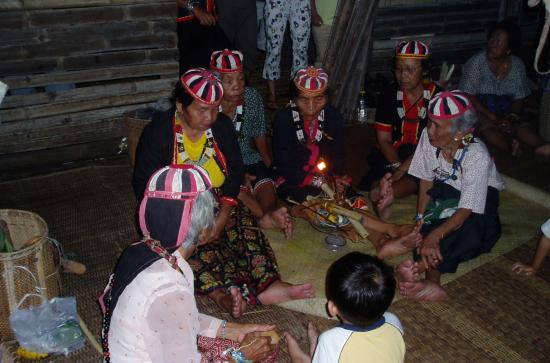
Dr Liana Chua
Brunel University
In this paper, the author draws on two research projects—one on orangutan conservation, and the other on religious change among indigenous Bidayuh communities (Sarawak, Malaysian Borneo)—to reflect on the relations and processes involved in producing both witnesses and witness-able truths. She compares two forms of witnessing—dominant visualizations of environmental crisis and extinction on the one hand, and ways of encountering spirits, deities, and other invisible entities among Bidayuhs on the other. Both involve a knotty challenge: how to make that which cannot be seen visible or somehow knowable, and thus addressable. She argues that the first entails a crisis-laden visual imaginary that treats witnessing as a form of human stewardship over the environment. Conversely, the second involves a more relational encounter in which witnessing and bearing witness are the outcome of commitments and obligations shared by both humans and nonhumans. The author suggests that this latter mode of witnessing can help ‘slow down’ the crisis logic of environment visualizations, pushing us to ask what is rendered both visible and invisible in witnessing processes. Finally, she contemplates what the juxtaposition of these two modes of witnessing can bring to ongoing conversations about the roles and responsibilities of the anthropologist as witness.
Bio
Liana Chua is Reader in Anthropology at Brunel University London. She has worked with an indigenous group in Malaysian Borneo since 2003, looking initially at religious conversion and ethnic cultural politics, and later at development, resettlement and environmental transformation. She currently leads an ERC-funded project, Refiguring conservation in/for ‘the Anthropocene’: the global lives of the orangutan (GLO), which explores the social, political, affective, and aesthetic dimensions of orangutan conservation. Her other research interests include visual and material anthropology, anthropology of the body and anthropological knowledge-practices and politics.
